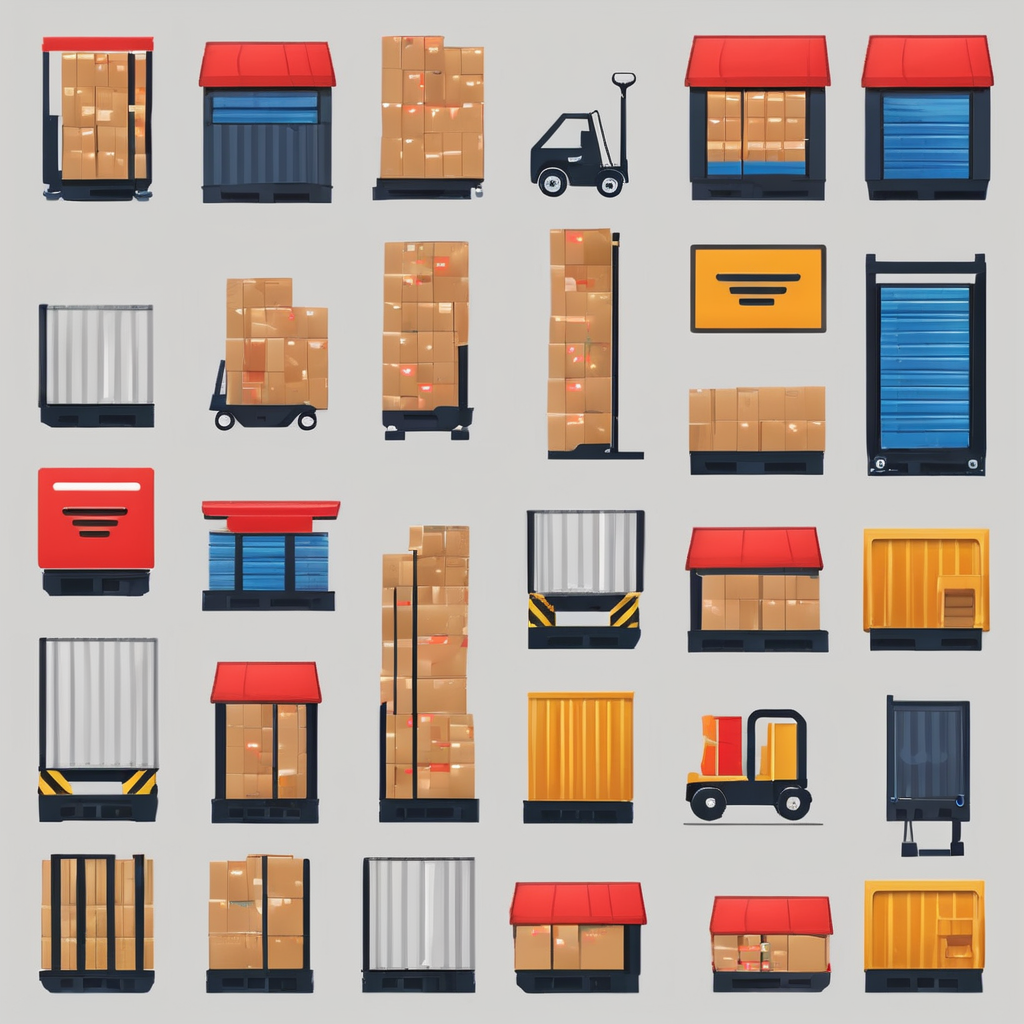Immediate changes to UK-EU trade conditions post-Brexit
Since Brexit, UK-EU trade has experienced significant shifts. One of the most notable changes is the introduction of new trade barriers. These include customs checks and enhanced regulatory requirements that did not exist previously. For example, UK businesses now face detailed customs declarations, adding complexity to previously frictionless transactions.
The impact of these new Brexit trade barriers is particularly visible in the form of tariffs and non-tariff barriers. While the UK and EU agreed on zero tariffs for most goods, non-tariff barriers such as product standards verification and origin checks have imposed substantial additional costs and time delays. This affects both exporters and importers, especially those relying on just-in-time supply chains.
Also to discover : What Are the Emerging Challenges Facing UK Businesses Today?
UK businesses also encounter immediate financial strains from extra administrative costs and logistical delays. For instance, perishable goods imports require faster border processing, yet new procedures can lead to spoilage risks or unrecoverable costs. The Brexit impact on business is, therefore, a mix of operational complexities and elevated expenses, challenging companies to carefully navigate these hurdles to maintain trade efficiency.
Evolving opportunities in global markets beyond the EU
The shift in UK non-EU trade post-Brexit opens fresh doors for businesses willing to explore beyond traditional EU markets. Key developments include new UK trade deals with countries like Australia, Japan, and members of the Comprehensive and Progressive Agreement for Trans-Pacific Partnership (CPTPP). These agreements aim to reduce tariffs, streamline customs, and offer preferential access that can enhance competitiveness.
In parallel : What are the emerging trends in UK business operations?
However, navigating these global trade opportunities post-Brexit requires careful consideration. Exporters must assess diverse regulatory environments and tailor products to meet foreign standards. This diversification can buffer companies against EU market fluctuations but also demands increased resources for compliance and market research.
Government initiatives actively support businesses seeking to capitalize on these prospects. Programs provide guidance on international regulations, help with export financing, and promote networking with foreign partners. For example, UK trade teams offer direct assistance in overcoming barriers specific to certain sectors or regions.
In summary, while expanding into non-EU markets brings complexity, the evolving global trade opportunities post-Brexit present UK companies with avenues for growth and reduced dependence on EU trade, reinforcing resilience in an uncertain economic landscape.
Changes to export and import processes for UK businesses
Brexit customs processes have transformed the way UK exports and imports operate. Businesses now face mandatory customs declarations and paperwork that were previously unnecessary when trading with the EU. These new documentation requirements increase administrative workloads and demand precise compliance with post-Brexit regulations.
UK exports must undergo additional border checks, including verification of product origin and compliance with EU standards, even when tariff rates remain zero. Similarly, UK imports are subject to enhanced scrutiny, leading to longer clearance times and higher logistical complexity. Such changes affect supply chains, often disrupting just-in-time delivery systems crucial for sectors like manufacturing and food distribution.
To adapt, many UK businesses have implemented practical strategies: investing in customs expertise, digitizing paperwork, and working closely with freight forwarders to streamline border processes. Some have diversified supply routes or adjusted stockholding patterns to mitigate delays.
Ultimately, mastering new customs processes is vital for maintaining trade flow. While initially challenging, these adjustments enable businesses to navigate evolving regulatory landscapes, safeguard efficiency, and meet Brexit trade barriers head-on without sacrificing competitiveness.
Immediate changes to UK-EU trade conditions post-Brexit
Since Brexit, new Brexit trade barriers have reshaped UK-EU trade dynamics significantly. Customs checks are now mandatory, introducing delays and increasing paperwork for businesses that previously traded smoothly with EU partners. The essential introduction of regulatory requirements means companies must prove compliance with product standards, origin rules, and other checks not required before.
Although tariffs remain zero for most goods, non-tariff barriers pose major challenges. These include detailed customs declarations and inspections that amplify export and import processing times. This has a direct Brexit impact on business, raising operating costs and complicating supply chains.
UK exporters and importers face immediate financial pressures from these added burdens. For example, sectors handling perishable goods must now manage heightened risks of spoilage due to border delays. The accumulation of customs duties, administrative fees, and logistical hurdles forces many firms to rethink trade strategies to remain competitive within this altered UK-EU landscape.
Immediate changes to UK-EU trade conditions post-Brexit
Brexit trade barriers have dramatically altered UK-EU trade flows. Since the UK’s departure from the single market, mandatory customs checks and regulatory requirements became inevitable. These include verifying product origins and confirming compliance with EU standards, adding layers of complexity previously absent.
Tariffs remain zero on most goods, but non-tariff barriers now impose significant costs. For example, customs declarations and inspections extend clearance times, disrupting supply chains dependent on quick turnaround. This change has a direct Brexit impact on business, especially for sectors reliant on just-in-time delivery.
Importers and exporters face immediate financial implications: increased administrative expenses and logistical delays. Industries like perishables endure greater risks and cost pressures due to longer border processing. Firms often must invest in customs expertise, adapt inventory management, and redesign shipping schedules to mitigate these challenges.
In sum, new border procedures and regulatory checks constitute the core Brexit trade barriers affecting UK firms trading with the EU. These factors introduce both operational disruptions and increased costs that businesses must manage to preserve trade competitiveness.

